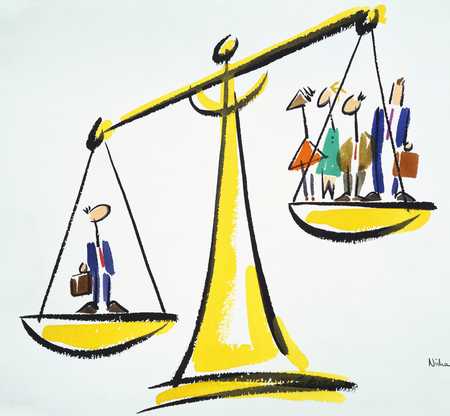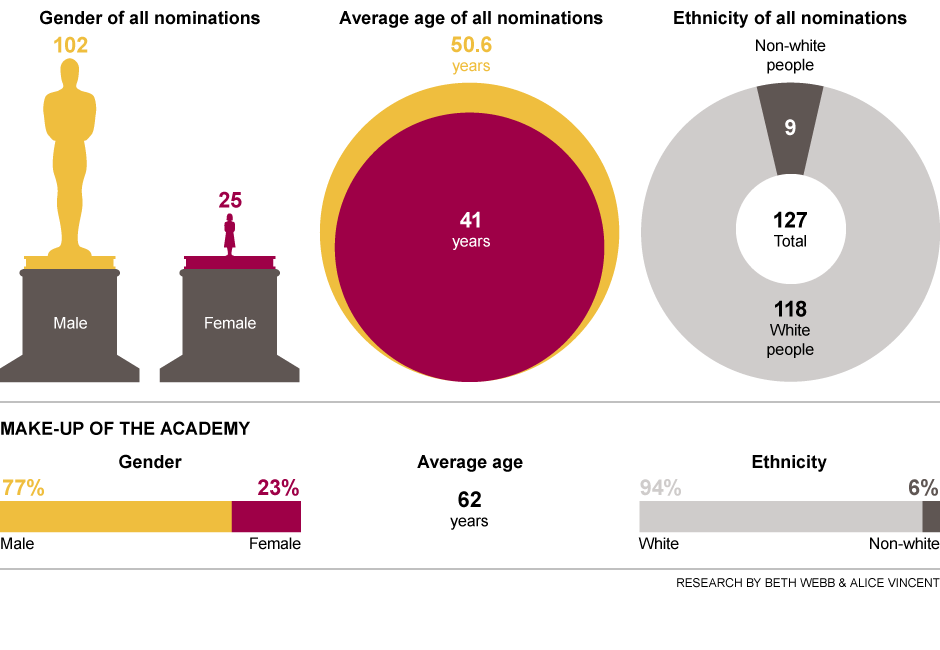Make your reflections more than chit-chat.
If you're going to reflect in a way that's meaningful, responses to the question: "how was your year (past)?" have to be more than short statements like "it's been a tough year", "it was fun", "it's been interesting" especially if you're asking yourself the question!
Overhearing a recent conversation reflecting on how 2015 had been, I heard the response... "It's been a long year" which struck me as the most silly response of them all. It may have felt like a long year, but the year in real terms had the same 365 days as the year before!
I wanted to ask 'why' and more to help them really understand what their year had been like, but instead I simply accepted that the conversation was just polite chit-chat and nothing more.
It did prove though that an open question won't always get you a full answer and therefore how important it is to ask the right question(s) and probe if you're really interested in reflecting on how a year has gone.
Questions that help us reflect in a meaningful way include:
- What did I learn this year? ("Nothing", is never true!)
- What were the highlights of the year?
- What challenged me this year?
- Why did 'x' go wrong? (Not the negative, self-blaming "why did I get 'x' wrong!")
- How did I get through my problems?
- In what ways have I grown this year?
I'm sure there are lots more questions that help us to reflect with more than a short statement but these are, in my experience, a good set to start with.
The answers to these should help you to understand your year past and propel you forward into the new one - How would you answer them and what are you manifesting for 2016?
Because that should be the greater point - not to stay rooted in what has been, but to use the responses to learn and grow. And so, in keeping with the title of this blog I've one more question... Who or what made you laugh last year?
Happy New Year to you all,
Denise.

- Why did 'x' go wrong? (Not the negative, self-blaming "why did I get 'x' wrong!")
- How did I get through my problems?
- In what ways have I grown this year?
I'm sure there are lots more questions that help us to reflect with more than a short statement but these are, in my experience, a good set to start with.
The answers to these should help you to understand your year past and propel you forward into the new one - How would you answer them and what are you manifesting for 2016?
Because that should be the greater point - not to stay rooted in what has been, but to use the responses to learn and grow. And so, in keeping with the title of this blog I've one more question... Who or what made you laugh last year?
Happy New Year to you all,
Denise.
- Contact me using the 'Contact form' above right
- Follow me at: @DamsonHR (Twitter)
- Call direct on: 07887 643807
- LinkedIn: Denise Sanderson-Estcourt, FCIPD






